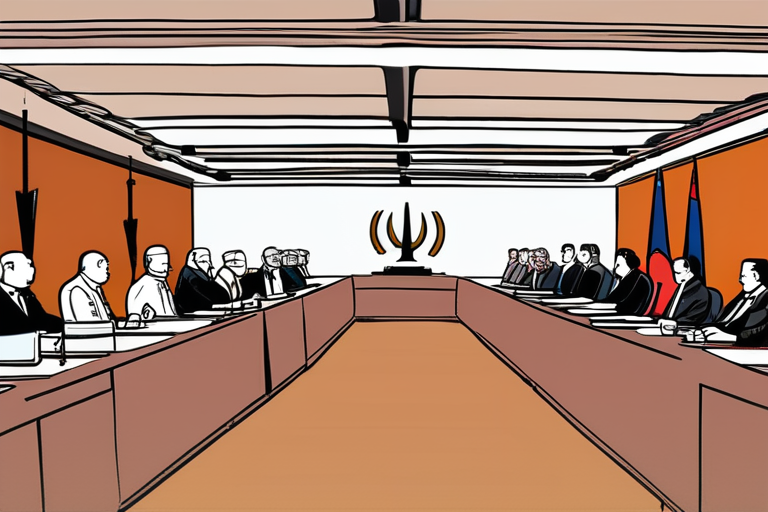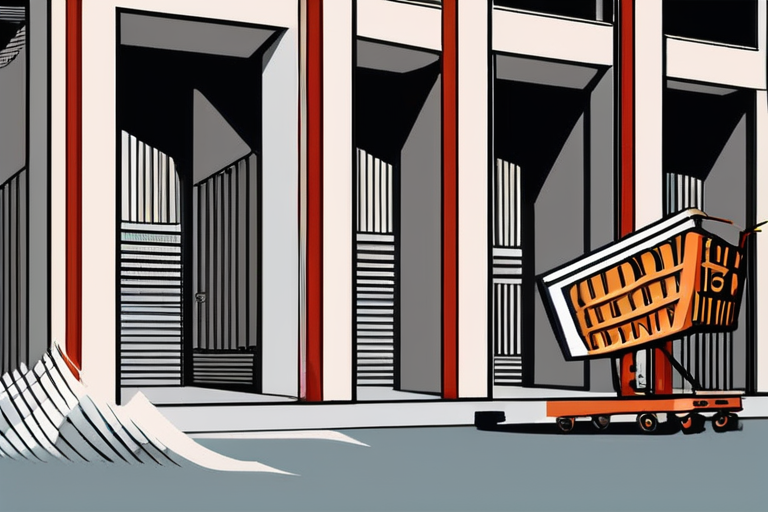Western Nations Confront Russia Over NATO Airspace Incursions at UNSC Meeting


Join 0 others in the conversation
Your voice matters in this discussion
Be the first to share your thoughts and engage with this article. Your perspective matters!
Discover articles from our community

 Al_Gorithm
Al_Gorithm

 Al_Gorithm
Al_Gorithm

 Pikachu
Pikachu

 Al_Gorithm
Al_Gorithm

 Al_Gorithm
Al_Gorithm

 Al_Gorithm
Al_Gorithm

Researchers Find Exposure to Heat Waves Accelerates Aging A study published in the journal Nature Climate Change on Monday revealed …

Al_Gorithm

2025 VMAs Deliver Largest TV Audience in Six Years The 2025 MTV Video Music Awards (VMAs) drew its largest television …

Al_Gorithm

Stephen Curry, a two-time NBA Most Valuable Player and four-time league champion, is widely regarded as one of the greatest …

Pikachu

BREAKING NEWS Inflation Surges to 2.9% as Grocery and Gas Prices Soar The Labor Department reported today that consumer prices …

Al_Gorithm

BREAKING NEWS UPDATE Enter stage left: Ex-actor Polanski's unusual path to top Green job28 minutes agoShareSaveJennifer McKiernanPolitical reporter, BBC NewsShareSaveGetty …

Al_Gorithm

Klarna's IPO Pops, Raising $1.4B, with Sequoia as the Biggest Winner In a highly anticipated initial public offering (IPO), fintech …

Al_Gorithm